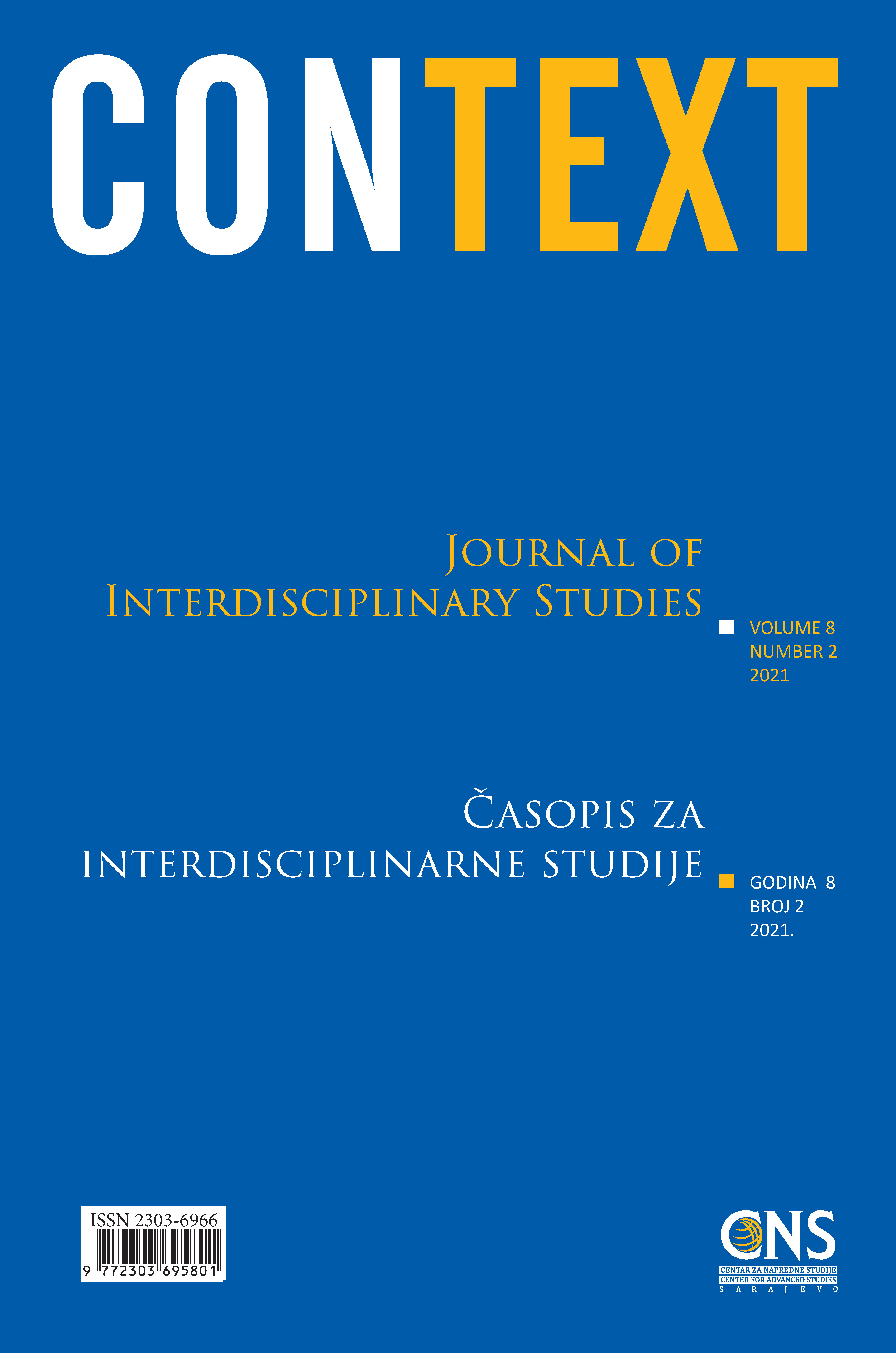The Production and Transmission of Islamic Knowledge in Europe: Authority, Ethics, and Methodology in the Politics of Imam Training
The Production and Transmission of Islamic Knowledge in Europe: Authority, Ethics, and Methodology in the Politics of Imam Training
Author(s): Thijl SunierSubject(s): Ethics / Practical Philosophy, Theology and Religion, Islam studies, Comparative Studies of Religion, Religion and science , Sociology of Religion
Published by: Centar za napredne studije
Keywords: Islamic knowledge; Imam training; Muslims in Europe; Islamic authority; Governance of Islam;
Summary/Abstract: This article deals with the training of imams to work for Muslim communities in Europe with a migrant background. Imams are considered the prime actors in conveying Islamic knowledge and the training of these figureheads is a crucial issue with many implications. Imam training is a particular aspect of a broader multifaceted process that includes the production, transmission, reception, and interpretation of Islamic knowledge. Imam training is thus part of the much broader issue of the positioning of Islam and Muslims in Europe, particularly given European governments’ intention to take a more active role. It should be analyzed within this broader political and historical context. The “politics of imam training”, as I call the ongoing debates, negotiations, and initiatives involving the various stakeholders, entail more than just educational logistics. At heart, these are issues of authority and legitimacy and ultimately the questions of who is entitled to produce, transmit, and, of course, teach Islamic knowledge, and who is accepted by Muslim communities. This aspect has not been widely addressed by researchers.
Journal: Context: časopis za interdisciplinarne studije
- Issue Year: 8/2021
- Issue No: 2
- Page Range: 7-33
- Page Count: 27
- Language: English

